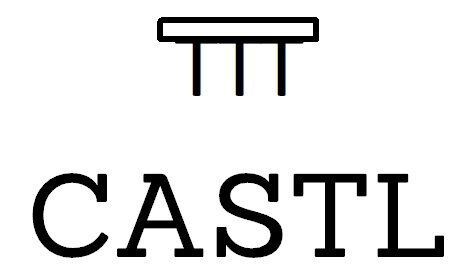Mr John Chown
John Chown is a monetary economist who made his career and reputation in international tax, and continues to be involved with public affairs generally. He is co-founder of the Institute for Fiscal Studies.
Now “active retired” from Chown Dewhurst LLP, he remains involved with the International Tax Specialist Group, and spends much of his time on policy and other issues which interest him. After the collapse of Communism, much of this had involved advising the newly independent countries on tax and capital market issues, eventually (pre-Putin) doing a lot of work in Russia working closely with the Tax Minister, Sergei Shatalov. He was active on City of London missions to countries in an early stage of developing their capital markets. He built on his interests in international development, building on his experience in CEE. He is now hoping to advise on similar matters in Africa. He continues to be active with Political Economy Club (80 members maximum) and was particularly involved in their recent bicentenary. He also supports, the Official Monetary and Financial Institutions Forum (OMFIF), the Centre for Policy Studies, the Taxpayers Alliance and the Adam Smith Institute. A long-standing role as adviser to, and investor in, business start-ups, he continues to be. and pre-lockdown was becoming, actively involved in the international aspects.
In 1990 he and Geoffrey Wood, wrote “The Right Road to Monetary Union” in 1990 and became an active critic of the 1995 European Commission Green Paper which took the “Wrong Road”, notably including his often repeated 2001 Chatham House paper on “Will the Pensions Time Bomb Blow Apart Monetary Union?” saying that it would, by 2025, if there are no appropriate policy changes. Still true.
Educated at Gordonstoun and Selwyn College, Cambridge (Adam Smith Prize, Wrenbury Scholarship, Hon. Fellow and long serving College Investment Committee). A music lover. he was for many years, Honorary Financial Adviser to the Royal Society of Musicians and remains on the Finance Committee. He was also much involved with the London Handel Society and the Cambridge Handel Opera Group.

